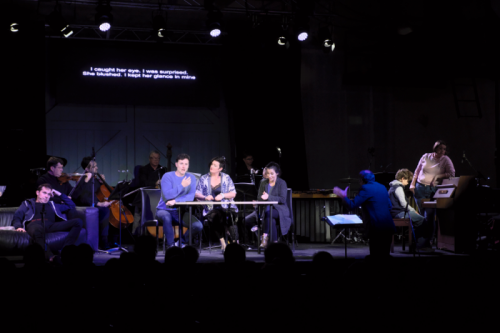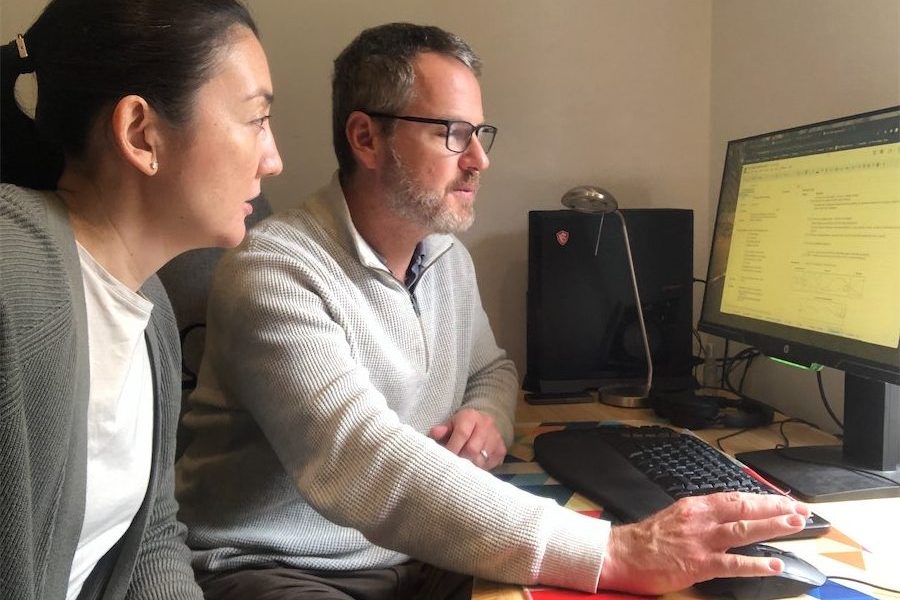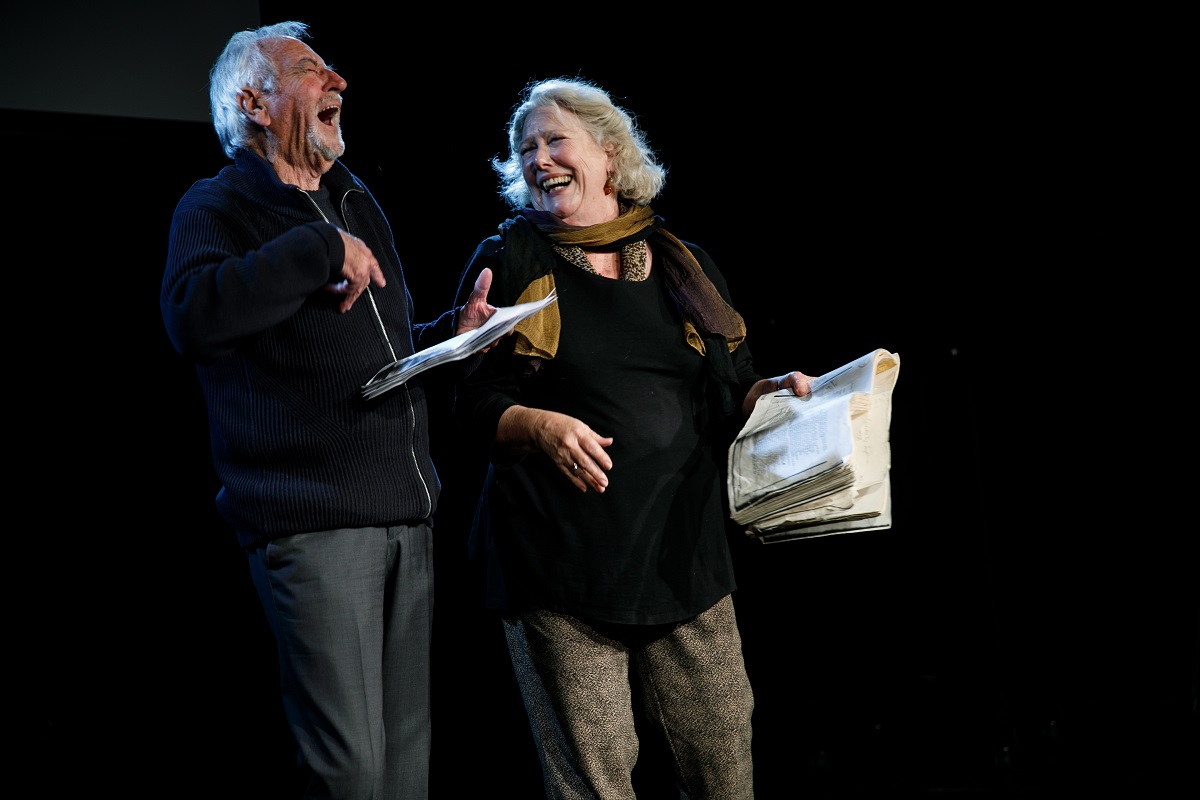
Music / CIMF, Concert 17 – “The Children’s Bach”. At the Fitters’ Workshop, May 10. Reviewed by CLINTON WHITE
IN an article for the online magazine, “Resonate”, Rhiannon Cook casts doubt on whether Helen Garner’s celebrated novelette, “The Children’s Bach”, could be operatic material: “[n]obody dies, the action is subtle, housework is a major theme and much of the drama is internal.”
But Cook observes that “this is partly what attracted composer Andrew Schultz … [t]hat, and the fact that the novel is full of music.”
Schultz, who wrote the work in 2008, told Cook that the music in the novel “triggered a whole range of possible approaches – it was as if the music was generating the opera rather than the other way ‘round.”
At the Fitters’ Workshop, an ensemble of top-quality singers and musicians brought Schultz’s vision to life.
Set in Melbourne, Perth and Sydney, Glenn Perry’s libretto tells the story of Athena (soprano, Natalie Christie Peluso) and Dexter (baritone, David Greco) and their autistic son, Billy (treble and pianist, Michael Cherepinskiy).
Despite his condition, Billy’s many emotions crystallise in an uncommon pianistic talent from thumping multiple keys at random out of frustration, to sublime playing of simple Bach pieces. (Dexter’s old university lover, Elizabeth (mezzo, Anna Fraser), tells us: “Bach is never simple, but that is one reason why we should all try to master him.”)
There are adulterous flings, including some graphic language, between Dexter and Elizabeth’s sister, Vicki (soprano, Amy Moore) and between Athena and Elizabeth’s lover, Phillip (tenor, Andrew Goodwin). Athena eventually returns home, but to an empty house.
There are many other sub-plots, too, punctuated by Phillip’s daughter, Poppy (Anna Khan), who gives a kind of treatise on the technicalities and components of fugal music composition.
In one of the sub-plots, Vicki, who has a positive relationship with Billy, takes him to a park for some play. The music, in a major key, is slow, stiff, abstract and ethereal, but strangely playful. Against this, but in tune with it, the characters sing, in full, “Skye Boat Song”, in the absent-mindedness of a child singing something known or made up, while at play.
Schultz’s orchestral score is similarly primarily slow, stiff, abstract and ethereal, with very strict tempi, underscored by strong fugal characteristics.
The vocal score is more a singspiel and takes on a similar style to the orchestral score, but with the added complexity of frequent stretches of narration, both spoken and sung.
Festival artistic director, Roland Peelman conducted the performance, which was given under soft blue lighting. The small orchestra was at the back of the stage, with the (miked) singers at the front, working with only a very few simple props, and surtitles on a screen.
The abstract orchestral score and the equally abstract vocal lines bore little obvious resemblance to each other but worked together brilliantly to produce a cohesive whole. The players worked extraordinarily hard – and successfully – on this very difficult score to produce the many moods demanded in the storylines.
The pitch-perfect singers were strong and clear, diction was superlative, their emotions told the stories, and their acting, while minimal, underscored the story lines beautifully.
The connections to Bach in this modern piece were both subtle and obvious. It was an innovative and successful inclusion in the festival program.
Who can be trusted?
In a world of spin and confusion, there’s never been a more important time to support independent journalism in Canberra.
If you trust our work online and want to enforce the power of independent voices, I invite you to make a small contribution.
Every dollar of support is invested back into our journalism to help keep citynews.com.au strong and free.
Thank you,
Ian Meikle, editor





Leave a Reply